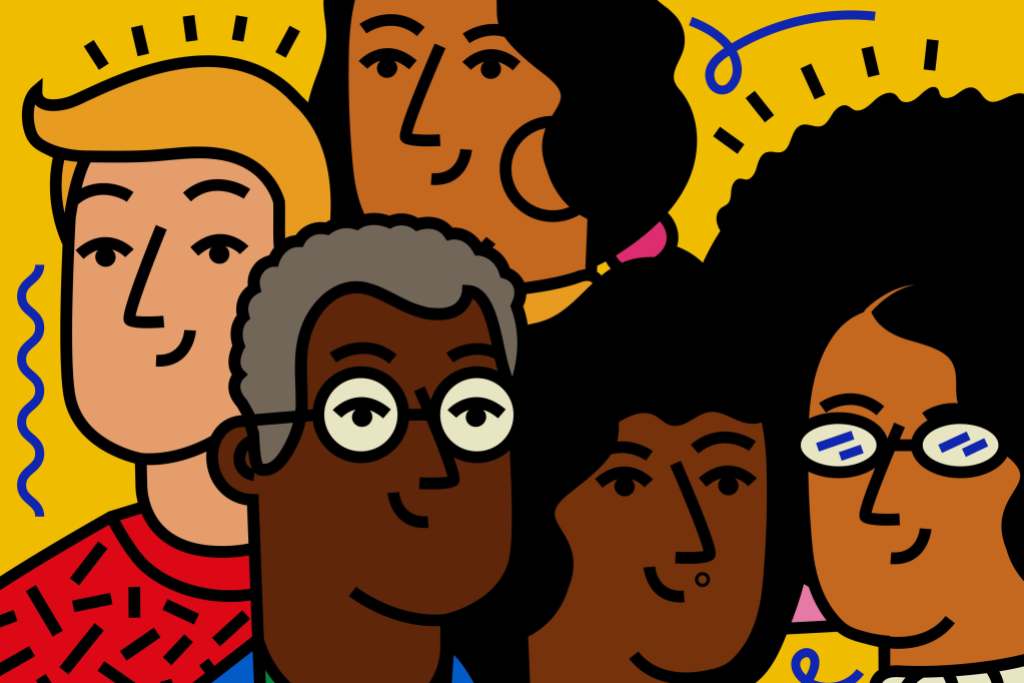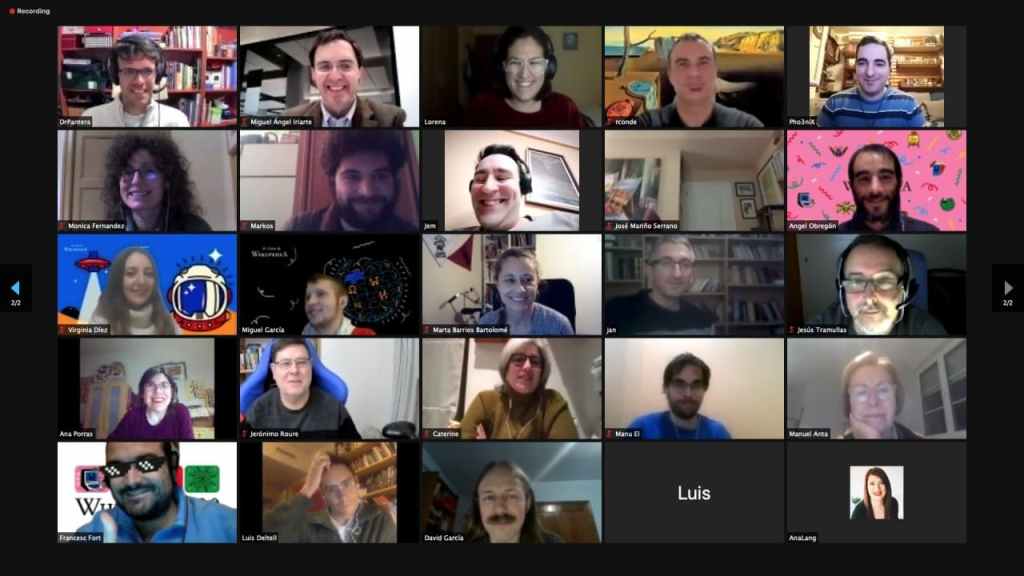At the heart of the Wikimedia projects are the people who volunteer to collaborate; they create, share, and maintain the wiki pages that provide free knowledge to the world. However, in order to have a global body of free knowledge that is representative of the world’s diverse knowledge and experience, we need to have a platform where anyone feels safe to contribute. The Universal Code of Conduct (UCOC) is the first global effort to realize this vision.

Toward Wikimedia 2030
As part of the Wikimedia movement’s 2030 strategy process, the working groups presented ten recommendations in May 2020 that propose a series of structural changes within the Movement. They describe how we can grow sustainably and inclusively, present ways in which we can make the most of new opportunities, and suggest how we can strive for knowledge equity and knowledge as a service.
One of the recommendations, Provide for Safety and Inclusion, seeks to establish standards with the goal of achieving an inclusive, safe and harassment-free environment, and thus better attract and retain new people and grow as a movement. To support this recommendation, the Wikimedia Foundation is supporting a process to create a code of conduct, in collaboration with the various communities, to provide a universal baseline of acceptable behavior for the entire movement, with no tolerance for harassment, given that behavioral policies and their enforcement vary widely among the different Wikimedia projects.
Creation of the Universal Code of Conduct
The creation of this code is being developed in two phases; in the first, the Foundation led a series of community conversations and facilitated a drafting committee of volunteers and designated staff between June and October 2020, who drafted the proposed text of the Code. This, taken together, recognizes the importance of universal standards of behavior on our platform and lists behaviors such as name-calling, sexual harassment and doxing as unacceptable. This text was presented to the Board of Directors on October 13, 2020, and was approved on February 2, 2021.

Thinking the Code collectively
The second phase started that same month of February and focuses on how to enforce the code; this is a difficult challenge and both determining responsibilities and defining clear enforcement pathways involve the participation of the Wikimedia movement communities. Between February and May, communities around the world, including affiliated organizations, administrators and volunteers have been discussing a set of key issues, such as how to create safe reporting pathways, how to handle each case, whether there should be a global enforcement body, and if so, how it would work. These discussions have included the following actions:
- Local consultations: between late January and early March 2021, local consultations were held to discuss how to implement the code. This consultation involved 11 linguistic communities and the results are available on this page.
- Summary of the conclusions of phase 1 of the community consultations, published in February.
- Affiliate surveys: these took place between February and April, and through them affiliated groups and any individual were invited to provide their point of view on the application of the code.
- Survey of people in the Wikimedia movement about harassment situations and the processes for reporting harassment. Took place during April.
- Consultation with officers and administrators: Arbitration committees, administrators and global sysops need a preliminary understanding of their future roles and responsibilities with respect to the code, so a meeting was held on April 10 and 11 to provide guidance for the code drafting committee to use when discussing the implementation of the code. A summary of the meeting is available on this page.
- Wikimedia community consultation: individual communities were invited to open a discussion in the language or context of that project, suggesting a series of questions to be discussed. It took place between April 5 and May 5, 2010, and involved communities such as English, Russian and Chinese Wikipedia.
Next steps in the implementation process
All of this information will be used by another drafting committee of volunteers and staff to outline, by July, the implementation pathways for the code. It is expected that a draft of these implementation pathways will be translated and shared by mid-year, with a view to receiving feedback from the community before it is finalized and sent to the Board of Directors for ratification.
Notes from Wikimedia Spain
In order to learn more about this process, we requested an online session from the Foundation. This took place on April 21 and, in addition to an overview of the process of creating the code, there was space to resolve those doubts that our community has regarding this process.
Aspects such as the motivation for its creation, the lack of an arbitration committee in Spanish Wikipedia, the gap within the community itself regarding these issues, the scope of its application or who will be responsible for enforcing the code were some of the questions raised.
Undoubtedly, this is an important step to ensure a safe and friendly space within the Wikimedia movement that facilitates and encourages more and more people to join the project. We will continue to follow its evolution in the coming months.
Originally published for Wikimedia España by Rubén Ojeda on 5 May, 2021

Can you help us translate this article?
In order for this article to reach as many people as possible we would like your help. Can you translate this article to get the message out?
Start translation